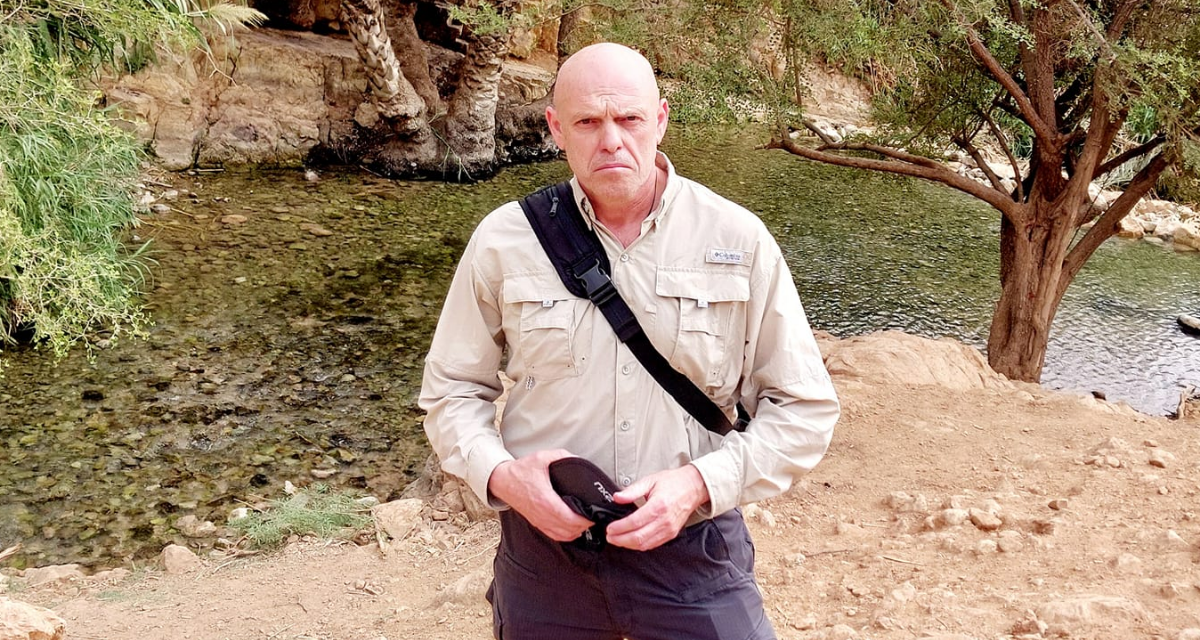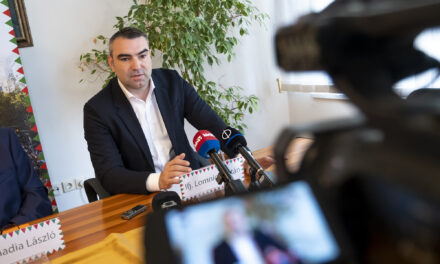"The reality of war is not part of everyday life at all," the analyst pointed out.
Terrorists overran a part of Israel half a year ago, society has experienced all stages of grief since then, and now the Israeli people are in the last stage - this is what security policy expert Robert C. Castel, who lives in Israel, said.
Castel pointed out: since then, society has lived through all phases of grief, and the first phase was definitely processed. That was the shock, the surprise.
(…) Now we are in the next two stages. One is to regain self-confidence, and I think we managed to solve that to some extent."
According to Castel, the last step is to find a new balance point - militarily, psychologically, politically - still to come. "This is what is happening in the soul of the people," he declared.
The expert noted that "this is a strange war", as the reality of a war situation is not part of everyday life at all.
He explained that a medium-intensity war is going on near the borders, especially in Gaza, but a full-scale war, a direct confrontation with Iran, could break out at any moment on the Lebanese front as well. At the same time, this is not felt within the country.
"This is one of the tragedies of the matter, that very quickly we fell back into pre-war indifference and comfort, and this comfort zone is the most dangerous thing in the world," he pointed out.
He then went on to say that many analysts do not understand what this war is actually about.
"The question is which power should be the regional power in the Middle East: the United States or Iran," stated Robert C. Castel.
When asked if it could be said that the United States had failed Israel, the security policy expert said that “it's not that simple.
“The United States is like Dr. Jekyll and Mr. Hyde. There is the pragmatic American policy based on geopolitical interests that says I need Israel. (…) At the same time, the absurd situation has arisen that the American extreme left and some American Muslims are on the one hand doing everything they can to prevent Israel from winning this war, and they are trying to force the Biden administration to do so," the analyst underlined.
Castel recalled that "experience shows that Israel very often went against what the American administration wanted." He gave as an example when Israel bombed the Iraqi and Syrian nuclear projects.
The expert expressed hope that after Ramadan, Israel will end the war. "This interregnum, when virtually no one is responsible for their well-being, is not good for the residents of Gaza either," he outlined a possible vision for the future.
He added that the problem is not the delivery of aid supplies to Gaza.
"More shipments come in today than before the war. The problem is distribution. The sooner this war ends, the sooner a new point of stability is established, the better it will be," he said.
Regarding the issue of hostages, he said that "if Hamas feels the political pressure, it takes a much more flexible position. When they see that the Biden administration and the international public are only pressuring Israel, where would they rush to? As long as the hostages are with them, it is a life insurance for them," said the expert.
Robert C. Castel finally summarized the lesson of the October attack: "Sovereignty is not just an empty phrase, the most blatant example of this is the Israeli war. If you don't have enough artillery shells to fight a war against a terrorist organization, a small terrorist organization can blackmail a state. This is true anywhere in the world," he emphasized.
The expert also called high-tech war and robots "thoughts of a Southern puppet".
"Ultimately, just like in Ukraine, the question is whether you have enough foot soldiers who can pick up an assault rifle and shoot it. The war is still going on at this level,” said Robert C. Castel.
Cover image: Robert C. Castel
Source: Facebook/Robert C. Castel













